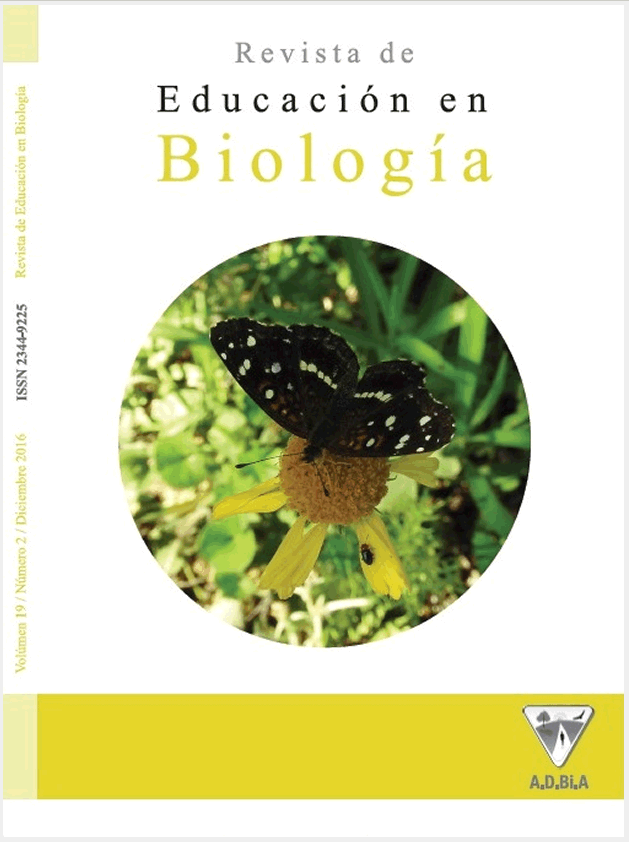Genetic Modifications, their History and Ethical Implications in the Contemporary Scientific Field
Main Article Content
Abstract
The history of human beings on earth has meant a transformation of livingmatter and life. For centuries, their practices have influenced nature. In this way, sincethe domestication of animals and plants, the invention of agriculture, and the arrival ofcertain methods such as fermentation and hybridization, they deliberately unleash geneticmodifications in the scientific field, particularly in current genetics, which expands theunderstanding of tiny things, giving way to disciplines that would experiment with life.Thus, genetic manipulations would come within the reach of biotechnology, which has beenin charge of expanding the market of genetically modified organisms. Accordingly and inresponse to the alleged negative conditions resulting from the use of these organisms, theprofessional ethics of those who alter and distribute such organisms is being questioned,also determining the complexity of addressing this issue at school and the possibilities ofbiotechnology in education.
Article Details
How to Cite
Genetic Modifications, their History and Ethical Implications in the Contemporary Scientific Field. (2016). Journal of Biology Education, 19(2), (pp. 13-26). https://doi.org/10.59524/2344-9225.v19.n2.22481
Section
Fundamentos

This work is licensed under a Creative Commons Attribution-NonCommercial-ShareAlike 4.0 International License.
Aquellos autores/as que tengan publicaciones con esta revista, aceptan los términos siguientes:- Los autores/as conservarán sus derechos de autor y garantizarán a la revista el derecho de primera publicación de su obra, el cuál estará simultáneamente sujeto a la Licencia de reconocimiento de Creative Commons que no se permite un uso comercial de la obra original ni de las posibles obras derivadas, la distribución de las cuales se debe hacer con una licencia igual a la que regula la obra original.
- Los autores/as podrán adoptar otros acuerdos de licencia no exclusiva de distribución de la versión de la obra publicada (p. ej.: depositarla en un archivo telemático institucional o publicarla en un volumen monográfico) siempre que se indique la publicación inicial en esta revista.
- Se recomienda a los autores/as difundir su obra a través de Internet (p. ej.: en archivos telemáticos institucionales o en su página web) después del proceso de publicación, lo cual puede producir intercambios interesantes y aumentar las citas de la obra publicada. (Véase El efecto del acceso abierto).
How to Cite
Genetic Modifications, their History and Ethical Implications in the Contemporary Scientific Field. (2016). Journal of Biology Education, 19(2), (pp. 13-26). https://doi.org/10.59524/2344-9225.v19.n2.22481

